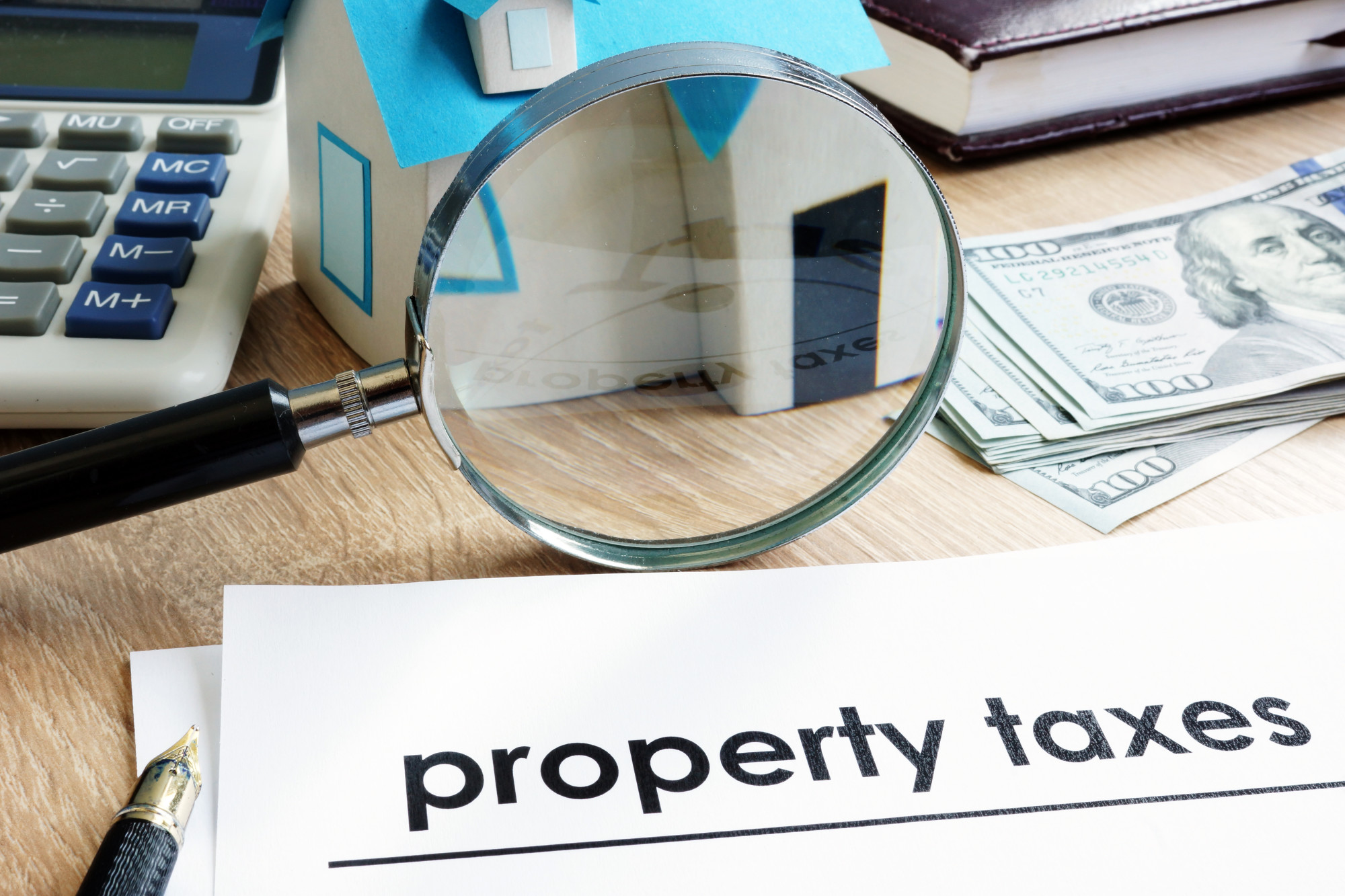Understanding Medicare Taxes: Rates, Rules, and Exemptions
Understanding Medicare Taxes: Rates, Rules, and Exemptions
Blog Article
When leasing out a house, many first-time landlords question whether they need to spend taxes on the revenue they earn. The simple solution is yes—what are medicare taxes by the IRS. But, understanding what qualifies as taxable income—and the deductions you could be entitled to—can allow you to better manage your financial responsibilities as a landlord.
What Counts as Rental Revenue?
The IRS defines hire revenue as any payment you obtain for the usage of a house you own. Including not just the regular rent from your own tenants but in addition additional obligations, such as for instance:
•Improve Rent: If your tenant gives rent upfront for another period, it must certanly be described as money when obtained, not when the time begins.

•Protection Deposits (if perhaps not refunded): In the event that you keep a security deposit for problems and other conditions at the end of a lease, that volume becomes taxable.
•Solutions in Place of Rent: Periodically, tenants may possibly provide things or services in place of paying rent. As an example, if your tenant mows the lawn in exchange for part of their lease, very same monetary value of these company must certanly be stated as income.
Expenses That May Be Deduced
Fortuitously, landlords can counteract several of the charges against their hire revenue, decreasing the taxable amount. Some typically common deductions contain:
1.Property Repairs
Slight fixes, such as correcting a leaky faucet or repainting walls, are deductible as they are considered required to keep the property.
2.Mortgage Interest
In the event that you needed out a loan to buy your hire house, you might declare the curiosity you pay on the mortgage.
3.Property Taxes and Insurance Premiums
They're normal deductions, as both are required to possess and handle a property.
4.Maintenance and Utilities
Any preservation costs or routine upkeep charges may be deducted, along with tools you spend for your tenant.
5.Depreciation
Landlords may take a percentage of these property's depreciation price annually over their estimated life (typically 27.5 years for residential properties).
Filing Your Hire Revenue
Rental revenue must certanly be noted on Schedule Elizabeth (Supplemental Income and Loss) if you're filing being an individual taxpayer. This kind allows you to number your hire revenue and any deductions. The net figure—income minus expenses—is what will ultimately be taxed.
Essential Takeaway
Duty rules on rental money can feel complex, but with proper record-keeping and understanding of possible deductions, landlords may minimize their taxable revenue and remain compliant. For accurate filings, always consult a tax skilled or power resources to simplify the process.
Report this page